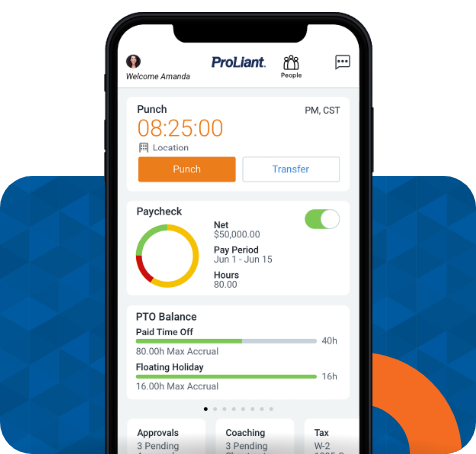IRS Ruling Allows 401(k) Match When Paying Off Student Loan Debt
Employers can soon choose to let workers’ student loan repayments count toward 401(k) matching contributions under a recently enacted benefits law. The program was designed to address concerns that too many workers burdened with student debt are funneling money to their loan service providers instead of their 401(k)s. Employers’ use of the program could be clouded by uncertainty around a Biden student debt relief plan that’s held up in federal court, as well as proposed rules to transform income-driven repayments.
With the plan taking effect in early 2024, companies will soon be given the choice by their benefit providers whether to adopt the plan revisions, allowing student loan payments to count toward 401(k) matching contributions.
Click here to read more.
Updated DOL Fact Sheets Revisit the Flip Flop on Tip Credit Rules
Under the Fair Labor Standards Act (FLSA), employers may pay a worker who customarily and regularly receives $30 or more per month in tips $2.13 per hour. The remainder of the minimum wage ($5.12 per hour) may be credited (tip credit) against the applicable minimum wage of $7.25 per hour in tips received from customers.
The dual job rule, also known as the 80/20 rule, allows an employer to take a tip credit against the minimum wage only when the tipped employee is performing tip-producing work or when the non-tip-producing work is not substantial. A substantial amount of time is more than 20% of the hours worked by the employee in a workweek. Under the Trump administration, the 80/20 rule was eliminated. However, the DOL reversed the ruling and reverted back to the 80/20 rule.
The U.S. Department of Labor (DOL) has updated two Fact Sheets on the topic of tipped workers:
IRS Sounds the Alarm Again on Employee Retention Credit Scams
On March 7, the IRS issued another warning to employers to be on alert for Employee Retention Credit (ERC) mills. These third-parties dangle the prospect of a large refund by claiming the ERC, often charging a large up-front fee based on the amount of a refund without explaining that wage deductions claimed on the business' federal income tax return must be reduced by the amount of the credit.
Taxpayers are advised by the IRS to avoid filing erroneous claims for the ERC. Further, businesses should submit amended returns if qualified wages were deducted from an income tax return prior to filing an employment tax return. The IRS noted that tax professionals can expect guidance in the near future regarding how to handle the continued pressure from clients who wish to claim the ERC improperly.
Click here to read more.




No Comments Yet
Let us know what you think